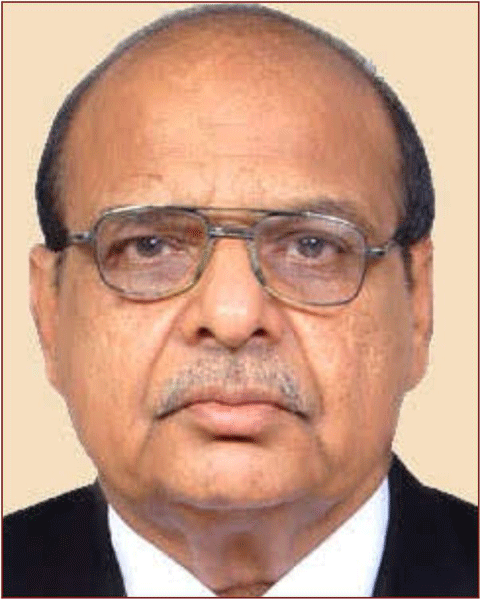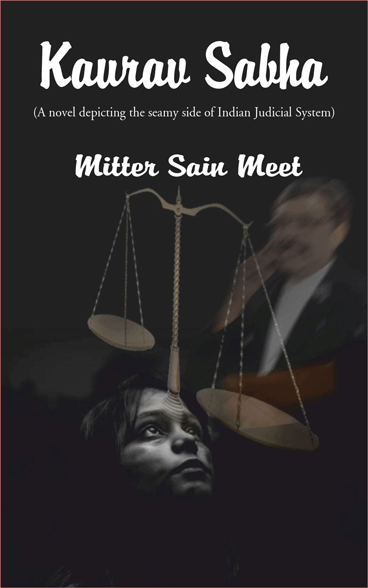A renowned trial attorney Mitter Sain Goyal (born 1952) was a brilliant prosecutor during his three-decade long law career in Punjab. He represented Punjab state in the high profile ‘Ludhiana City Center Case’ in which the charge sheet ran into sixteen thousand pages. He has authored five law books in addition to contributing more than hundred articles and research papers in leading law journals and newspapers. His book ‘Pro-prosecution Law on Custody and Bails’ has been republished by the National Police Academy, Hyderabad for the guidance of IPS officers after it was first brought out by the Mahatma Gandhi State Institute of Public Administration, Punjab. The Bar Council of Punjab and Haryana honoured him in 2006 for his outstanding contributions in the legal field.
Counted among one of the foremost modern day Punjabi novelists, Mitter Sain writes under the pen name ‘Meet’. Widely read and admired, he has contributed three short-story collections and six novels. He is known for the freshness of his socio-legal themes, and the uniqueness of his realistic and analytical style. Three of his novels, ‘Tafteesh’, ‘Sudhar Ghar’ and ‘Katehra’ have been translated into Hindi and published under one title ‘Ram Rajya’ by the Haryana Police Academy as a training book. In this trilogy, he delves deep into the minds of his characters and brings out all their quirks, ideas, and motivations. He is lucidly investigative, highlighting the out-dated legal protocols, and the corrupt, repressive and exploitative face of the so-called rule of law.
Meet was given the prestigious Pt. Govind Vallabh Pant Award by the BPR&D, MHA, Government of India, in 2008, for his excellent analytical thesis on the police administration. The Sahitya Akademi, New Delhi, honored him with their national award in 2008, for the best fiction in Punjabi for his novel ‘Sudhar Ghar’, which has been hailed as an organic treatise on prison life.
The present pioneering and monumental work will benefit the courts, prosecutors and police officers alike in applying the much-ignored context of victim support in their everyday working.


